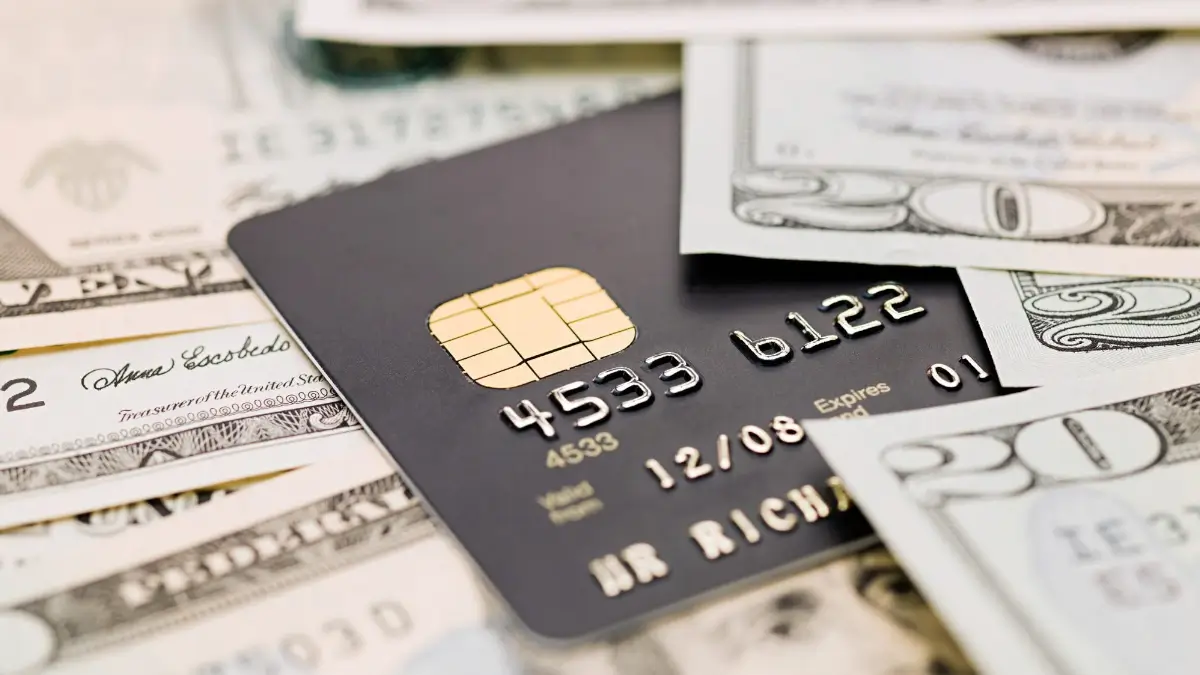When it comes to making a big purchase, the choice between charging it on a credit card or paying in cash can be trickier than it seems. You might consider financing options like credit cards, payment plans, or even loans—especially for big-ticket items like a new car or home. Some folks use credit cards to earn cash back or rewards, while others prefer the simplicity of paying with cash to avoid debt.

And when money gets tight, people sometimes turn to options like a title loan in Houston to cover unexpected costs. But before you decide, it’s worth weighing the benefits and drawbacks of each option. Let’s break down when it makes sense to charge it and when cash might be the smarter move.
When Financing Makes Sense.
Using financing options—whether credit cards, payment plans, or loans—can be useful, especially if you need time to pay off a purchase without draining your savings all at once. For example, buying a car or a major appliance is often easier to manage when you spread out payments over months or years.
One big perk of using credit cards is the chance to earn rewards like cash back, travel points, or discounts. If you’re disciplined about paying your balance in full each month, these perks can actually put money back in your pocket.
Payment plans offered by stores or lenders might come with low or zero percent interest for a promotional period. This can be a great way to finance a purchase without extra cost—just be sure to read the fine print and pay off the balance before the promotional rate ends.
The Downside of Financing.
Despite the benefits, financing isn’t without risks. High-interest rates can quickly add up if you carry a balance, turning a reasonable purchase into expensive debt. Credit cards, for instance, often have much higher interest than loans or payment plans.
Missing payments can damage your credit score and lead to fees, making it harder to qualify for better rates later. And if you rely too much on credit without a plan to pay it off, you might find yourself trapped in a cycle of debt.
For those facing financial challenges, quick fixes like title loans in Houston might seem like a lifeline, but these loans often come with high fees and interest rates, making debt harder to escape.
When Paying Cash Is the Better Choice.
Paying with cash—or funds from your checking or savings account—means no monthly payments and no interest. This method keeps your spending in check since you’re limited to what you actually have.
Cash purchases can simplify your finances by eliminating bills and reducing stress over debt. They’re often preferred for smaller purchases or when you want to avoid the temptation of overspending.
For big purchases, paying cash means you own the item outright without owing a dime. This can be especially important if you want to avoid the pressure of monthly payments or risk of repossession.
Drawbacks of Paying Cash.
However, paying cash isn’t always perfect. It requires having a sizable amount saved up, which might mean postponing your purchase. Tapping into your savings could also leave you vulnerable if an emergency arises.
Plus, when you pay cash, you miss out on credit card rewards or the chance to build credit history, which can be useful for future borrowing.
Finding the Balance: When to Charge and When to Pay Cash.
Sometimes the smartest choice isn’t strictly one or the other. For example, you might use a credit card to make a purchase to earn rewards but pay the full balance immediately to avoid interest.
Or you could pay cash for a car to avoid debt but use a payment plan for a home renovation if the interest rate is low and manageable.
Think about your financial situation, goals, and discipline. If you’re good at budgeting and paying off credit cards monthly, charging purchases can be beneficial. If you prefer simplicity and avoiding debt, paying cash is safer.
Consider Your Emergency Fund.
Before making big purchases, it’s crucial to have an emergency fund. If paying cash means dipping into this fund, consider financing instead to keep your financial cushion intact.
Final Thoughts.
Whether you charge it or pay cash depends on your goals, habits, and the purchase itself. Financing can offer convenience, rewards, and flexibility but carries risks if not managed carefully. Paying cash eliminates debt and interest but requires savings and discipline.
Weigh your options, consider your financial health, and choose what helps you maintain control and peace of mind. With the right approach, you can enjoy your purchases without compromising your financial future.
Leave a Reply